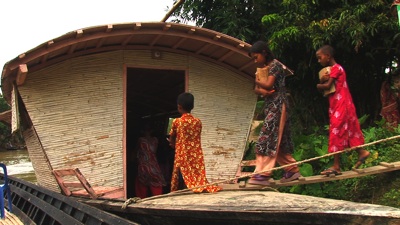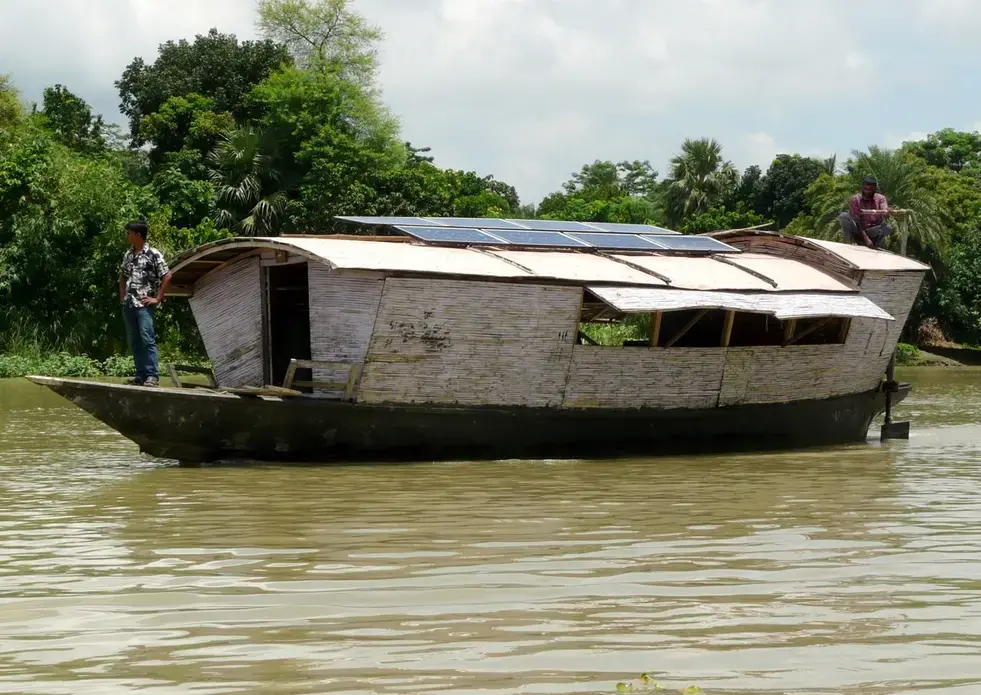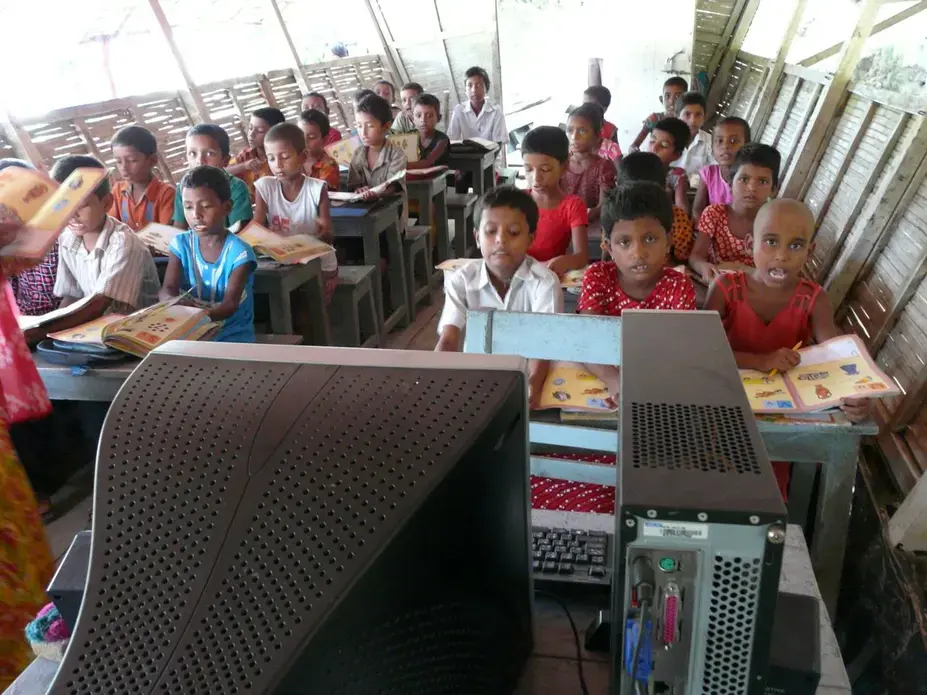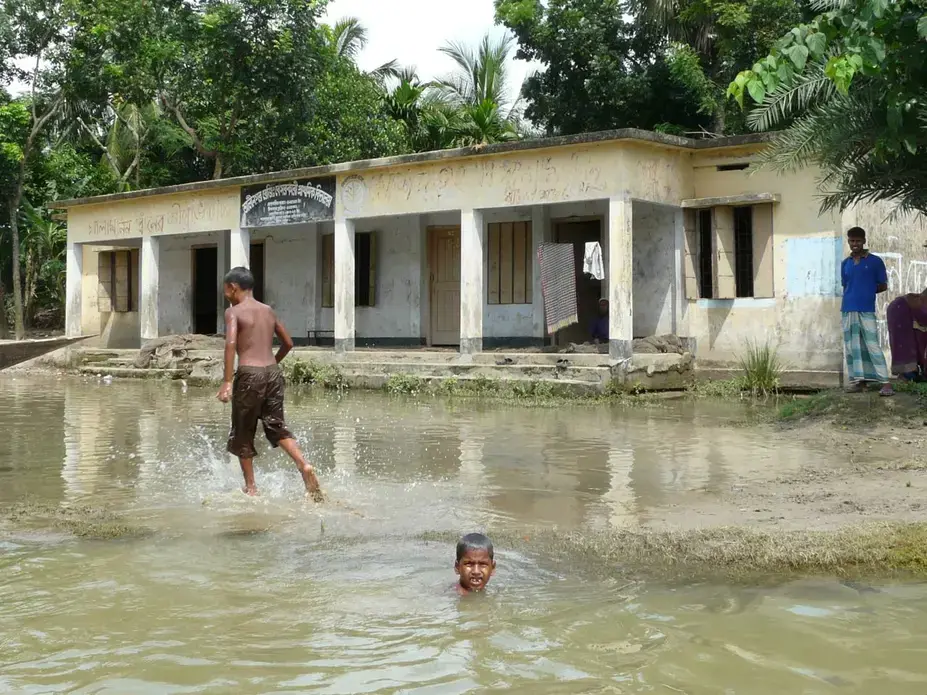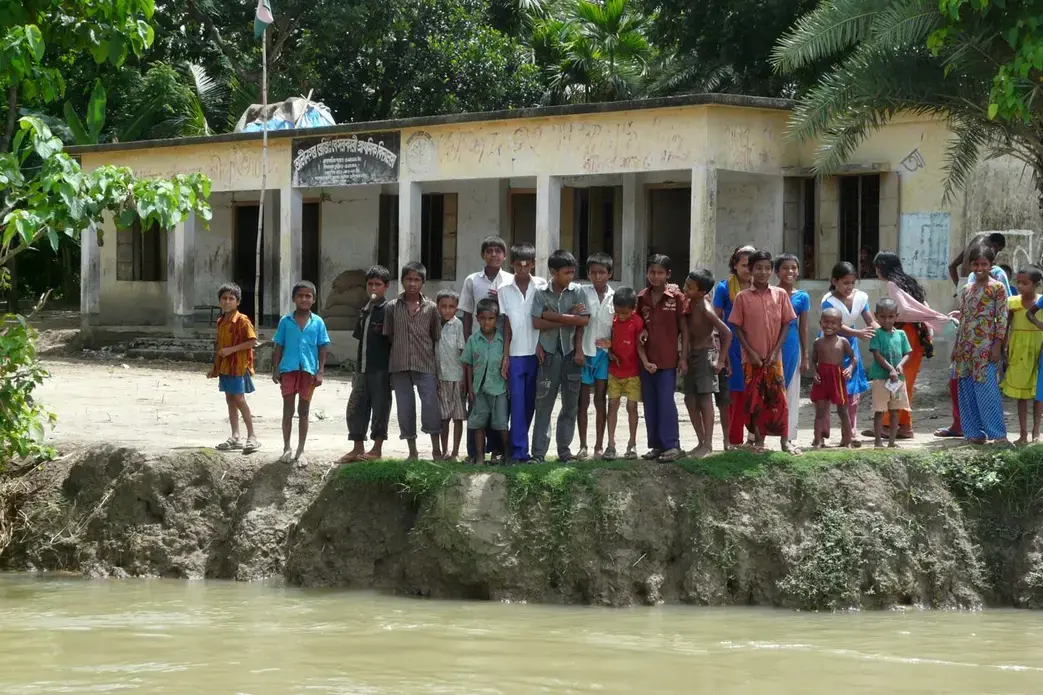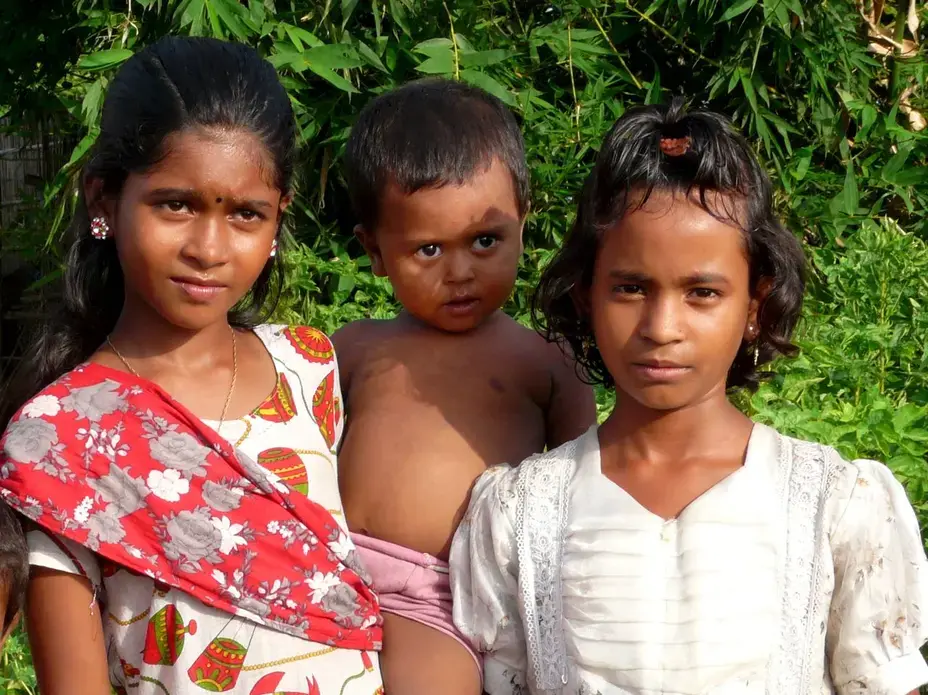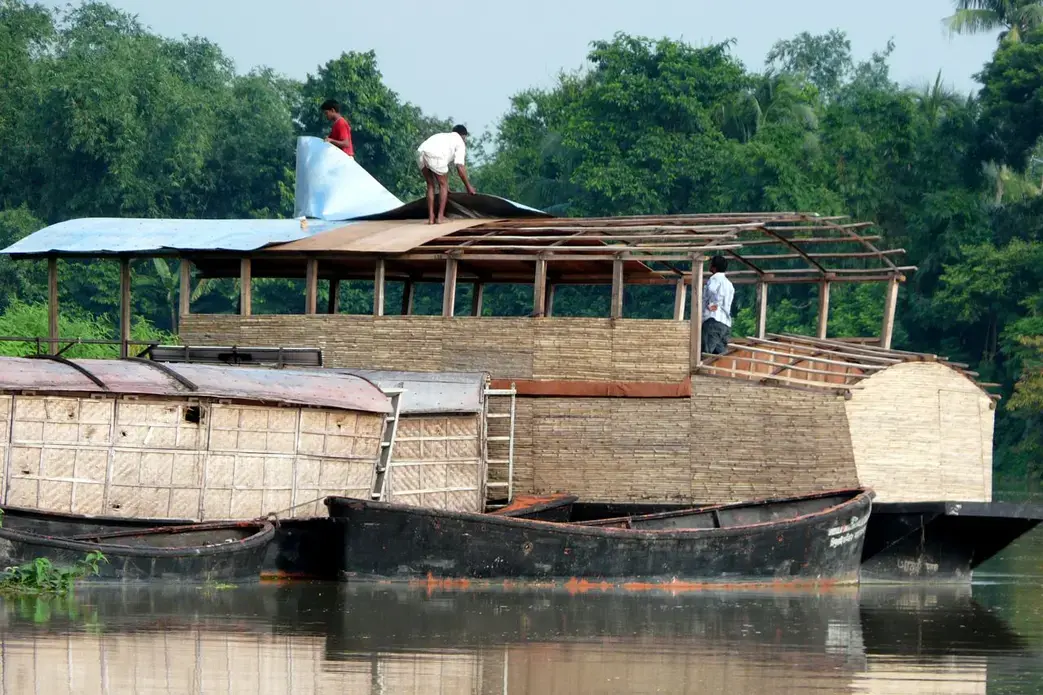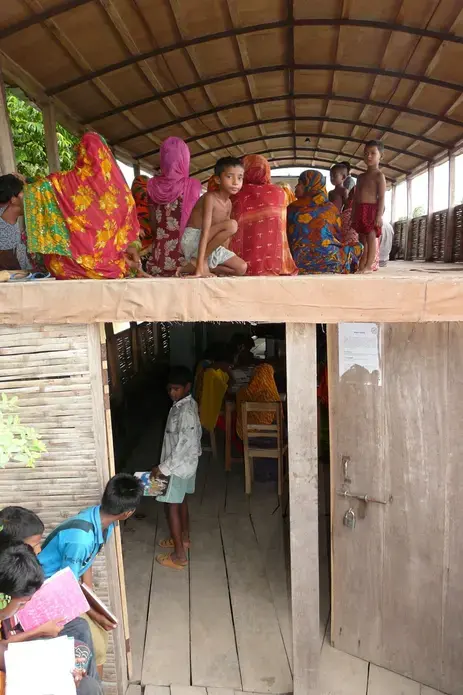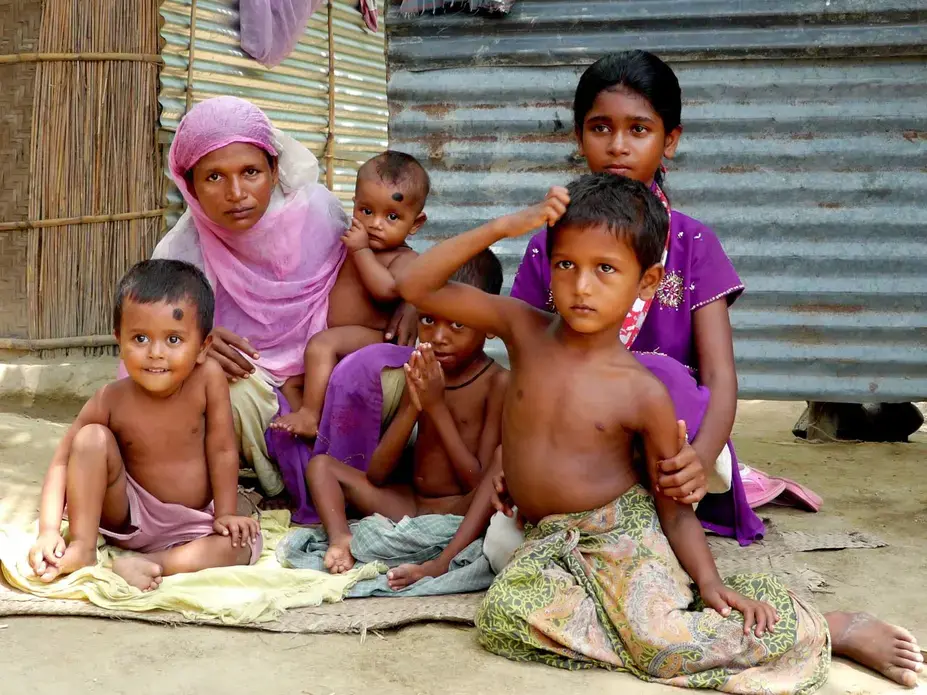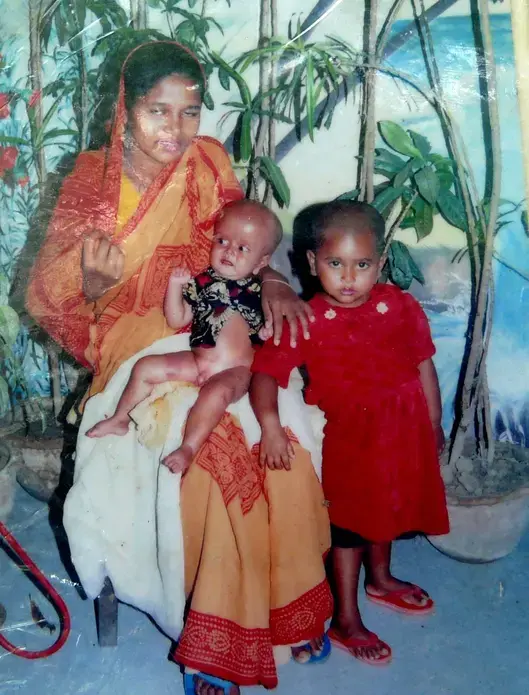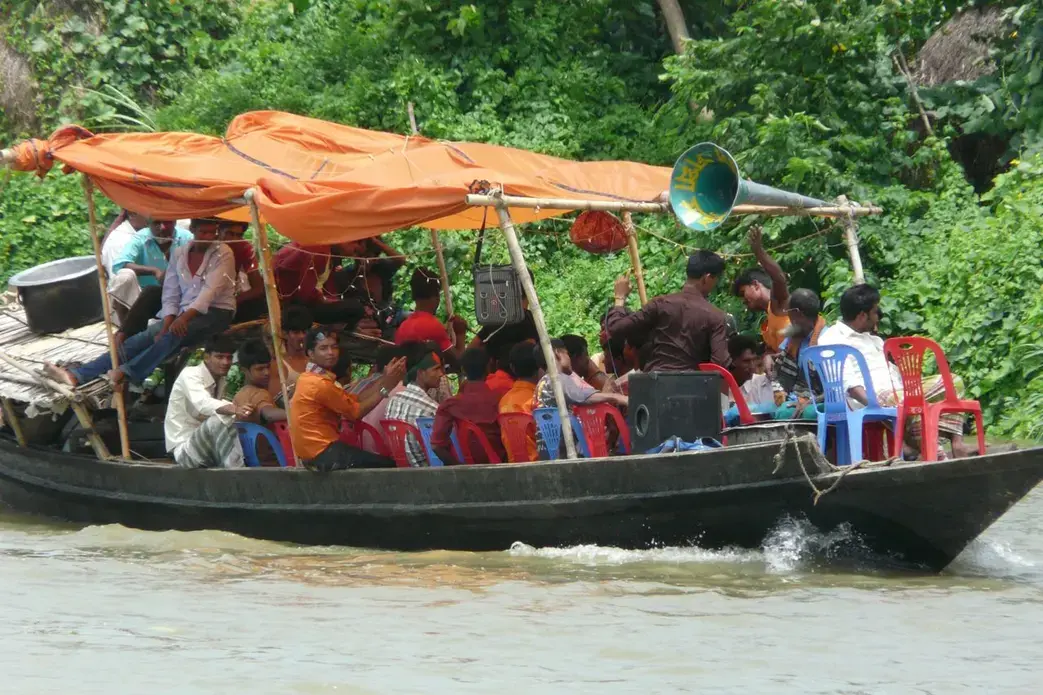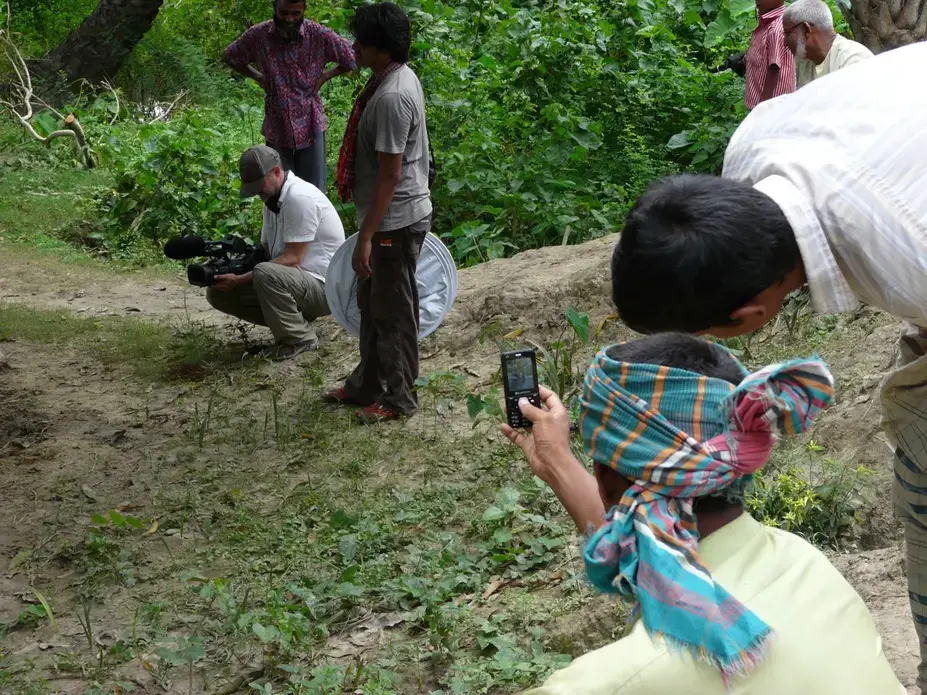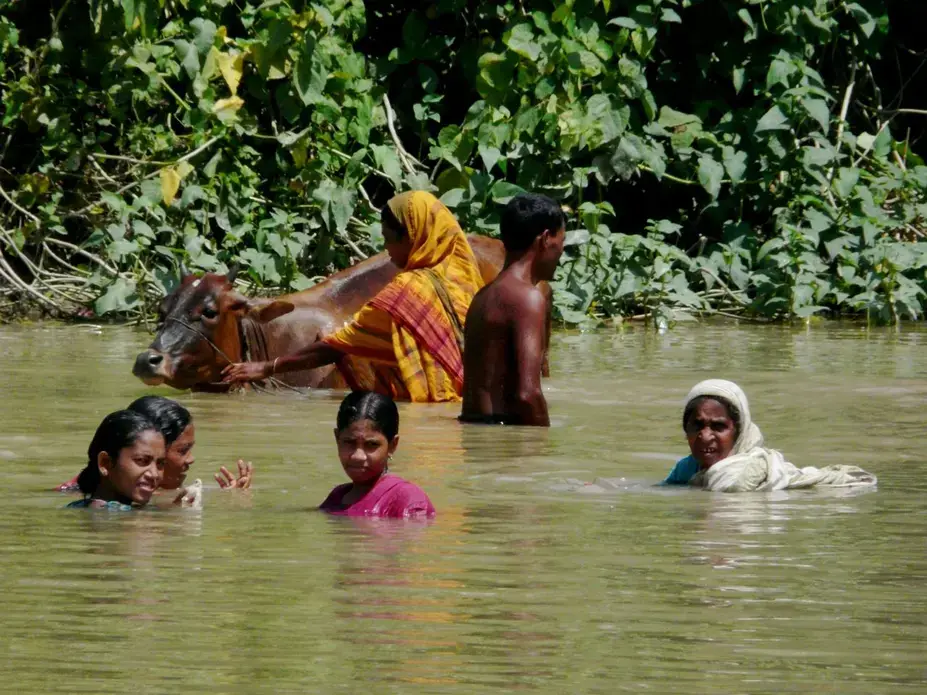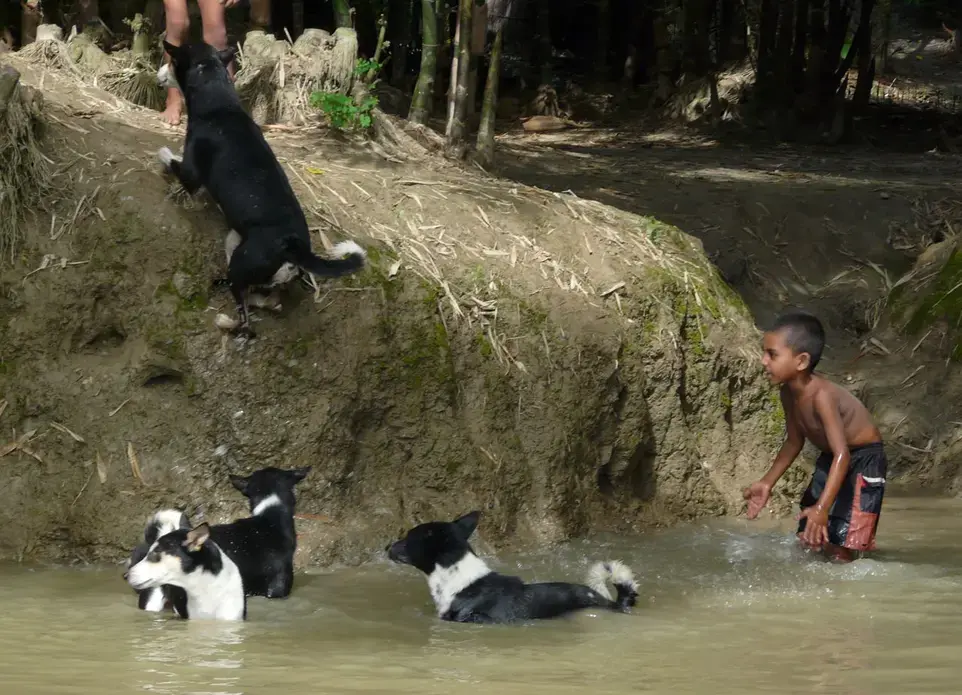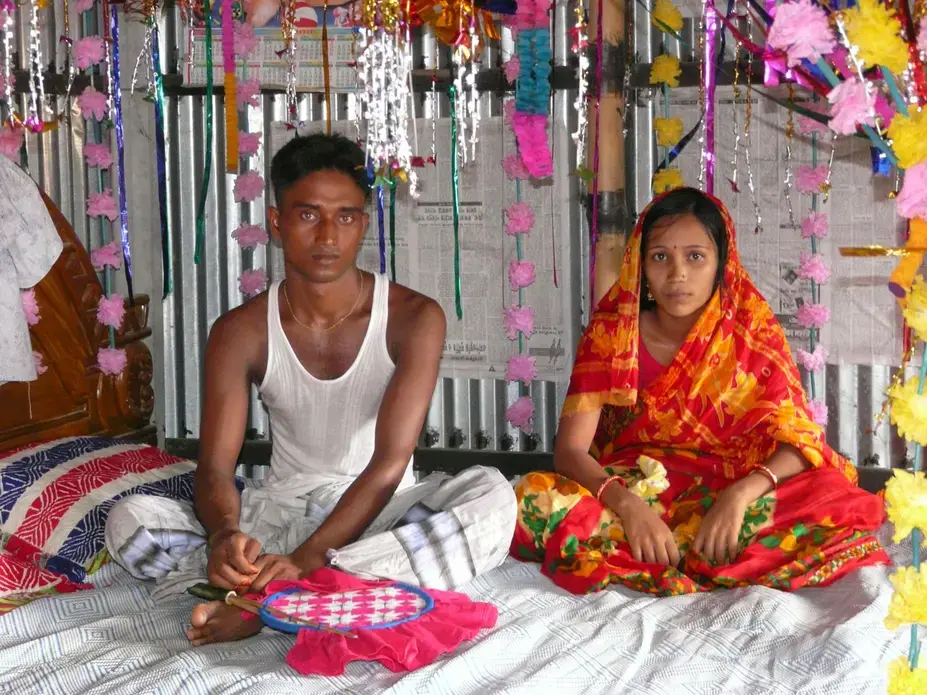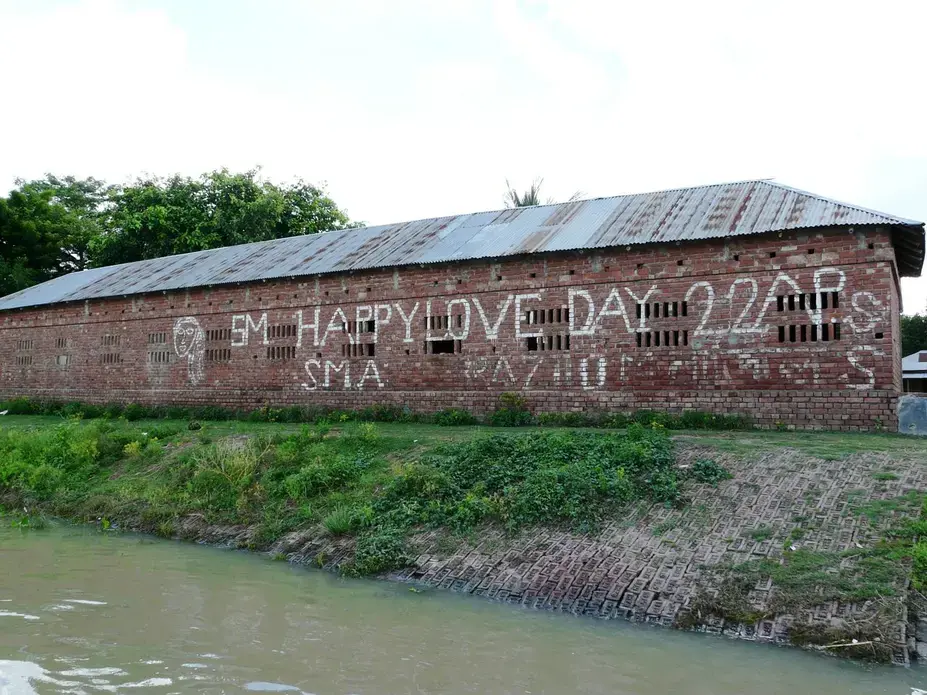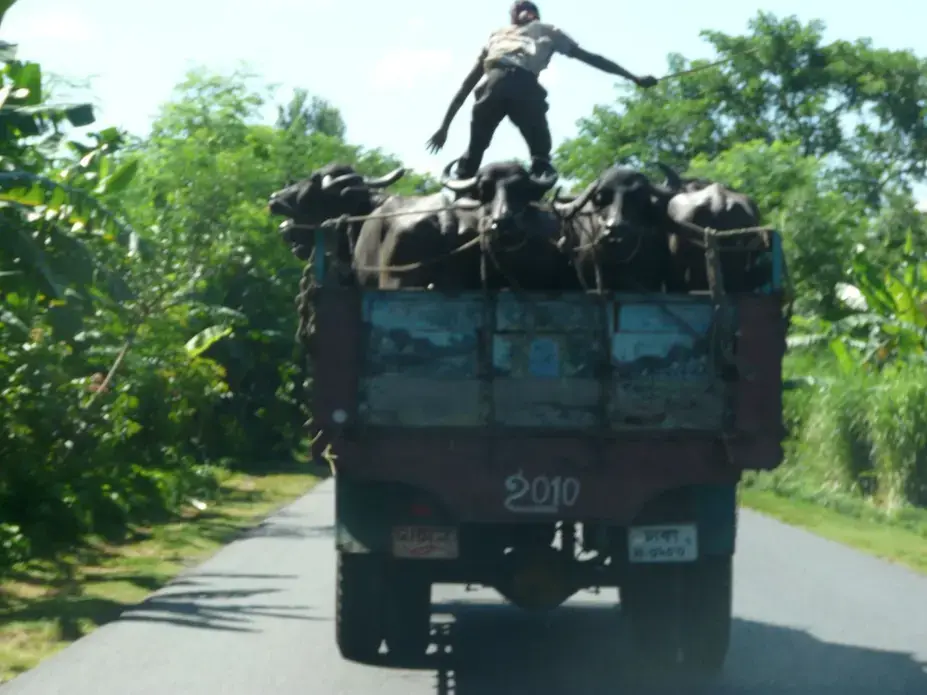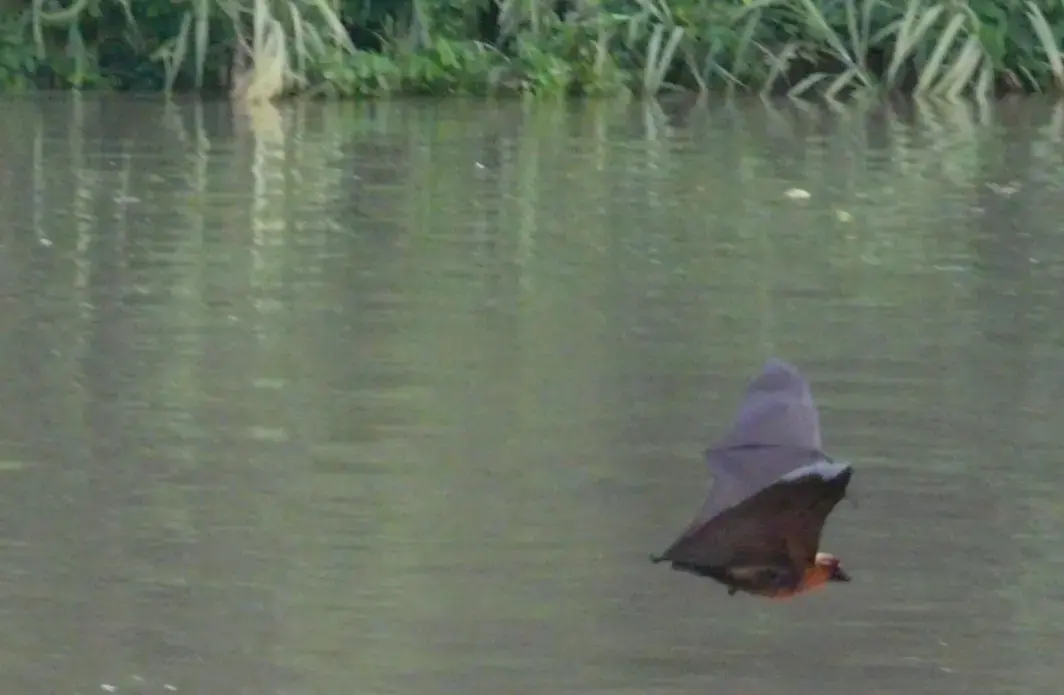As we continue production of "Easy Like Water," our film crew re-visited the solar floating schools, libraries, and adult education centers run by the Bangladeshi NGO Shidhulai Swanirvar Sangstha a year after our August 2009 visit.
This trip we spent seven days with students who use the Shidhulai services, meeting their families and documenting their daily lives, including 10-year-old Rupa Khatun, whom I will get to later.
Shidhulai operates boats on nine rivers in the Chalan Beel area of northwestern Bangladesh, a large wetlands region comprised of 47 waterways, with most operations in Padma, Natore, and Sirajganj districts. (Note: the New Age, a leading Bangladeshi English newspaper, reports an anthrax outbreak in the region that has so far struck 123 people and triggered extensive slaughtering of cattle, which carry the disease).
We spent time on both the Atrai River and Gumani River sites, both of which host ten Shidhulai boats. The other seven rivers—Barnoi, Gurnoi, Nandhakuja, Boral, Korotoa, Fuljore, and Bangal—currently feature between one and ten boats each, according to Shidhulai Program Manager Suprakash Paul.
We had hoped to visit a 4th grade class, but Paul told us that Shidhulai is not able to offer 4th grade this year, and did not offer 3rd grade classes last year. He said they will be able to offer them next year, and plans are in the works for adding 5th grade.
We are exploring the country's innovative responses to climate change, so we came during monsoon season to document the flooding. But part of climate change is the fact that what were once reliable seasonal patterns have become unpredictable, and we found the area to be in the midst of a drought. Each day skies would threaten, but rain never came, and the heat would burn strong as the day unfolded. Last year we passed a public school closed by flooding; this year the water was considerably lower—perhaps one meter—and the school was in session. (It was open despite a decree August 12th by the national government that all schools in the country close, effective immediately, for the entire month of Ramadan in order to ease the nightmarish traffic congestion in Dhaka). However, this area can flood even without rainfall here, as the majority of the water coursing through these rivers falls as rain on India, China, or Nepal, or flows from the Himalayas.
On the Gumani River we held a lively discussion with 3rd graders (through our translator/reporter Mainul Khan) about their experiences on the boat school, flooding, what they want to be when they grow up, and their favorite subjects. Many cited English as their favorite subject. While cameraman/producer Steve Sapienza was shooting, one boy leaned over, examined the rental company's sticker on the camera, and carefully wrote "TALAMAS," the name of the rental house, in his notebook. Their English textbook featured words and pictures of objects for each letter of the alphabet (I got a kick out of "X" is for "X-mas tree").
The boat schools provide classes for one grade in the morning and another in the afternoon, with 3rd grade in session from 1 p.m. to 3:30 p.m. Even though our discussion kept the kids beyond the end of their school day, and the humidity had us dripping sweat, the students were well-mannered and engaged.
We visited two 3rd graders at their homes, a 10-minute walk away from the boat school. One girl in particular caught our attention with her sense of self. Rupa Khatun lives in a tiny hut with her parents and four younger brothers, who range from infant to eight years old. Her family used to live in Dhaka (population 15-20 million), where her oldest brother, Rashed, had been born with hydrocephalus (often called "water on the brain").
The government had provided shunt surgery, but additional medical expenses had forced the family to move to Char Bangura in Pabna district, a thread of land by the river, where relatives owned a meager plot. The father works as a day laborer in another area, and was away for an extended period. Rupa's brother Rashed is small and frail, and cannot use his legs as a result of the surgery, which presents a tremendous challenge for his family. Each time we visited he sat on a rag on the damp dirt ground, naked, and smiled sweetly at anyone who paid him a glance. When we took a family portrait, his mother made sure that we framed it low to include him. With four brothers, one disabled, living in a flood-prone village in a country where tradition forces many girls' families to pay exorbitant dowries when they marry, Rupa will need every advantage education can offer her. At age 10 she is already experienced at providing childcare for her brothers.
On the boat school, all the 3rd graders said they wanted to become either a doctor or a teacher when they grow up. All except Rupa. At last she stood up. "I want to be a pilot," she announced.


